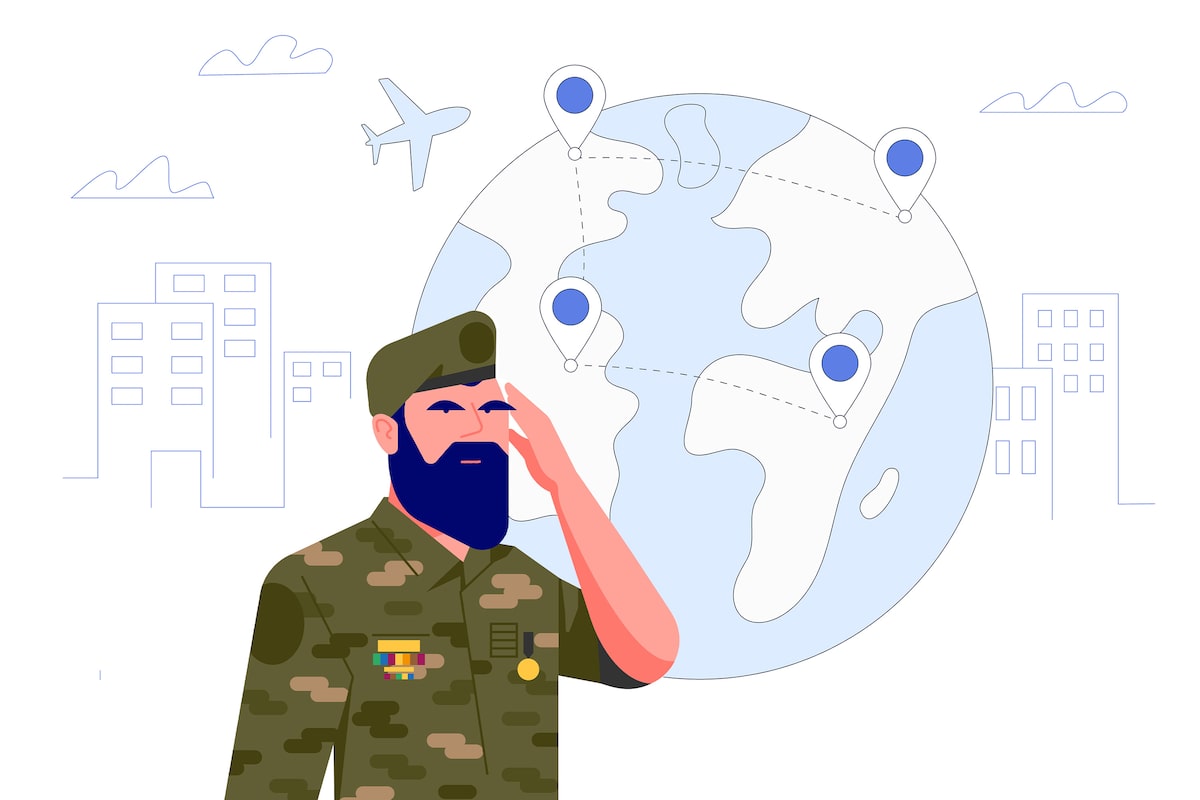Photo illustration by The Globe and Mail/iStockPhoto / Getty Images
Name, age: Michael, 34
Annual income: $78,000 from salary, $16,800 from location bonus
Debt: $0
Savings: $6,000 in savings account, $100,000 in tax-free savings account (TFSA), $65,000 in registered retirement savings plan
What he does: Canadian Armed Forces desk job
Where he lives: Ottawa
Top financial concern: “How expensive everything has gotten. Three or four years ago, my primary concern was rent. Now it’s like everything else has gone up too.”
Michael came to Canada from Asia when he was about four years old. He spent most of his youth in the Toronto area and joined the Canadian Armed Forces (CAF) shortly after graduating high school.
“When I first joined up, I was in Petawawa, two hours north of Ottawa,” he says. He moved to Nova Scotia after that, before being posted to Ottawa. “In the military, you famously go where they send you.”
For now, Michael’s enjoying life in a real city. “I like having amenities, like restaurants that aren’t pizza restaurants.”
After aggressively repaying a consumer proposal, Hamilton woman is excited for a fresh start
His career choice has in many ways placed his financial life out of his control, he says. If he were to buy a house, for instance, he could get relocated and be forced to sell it during a market downturn.
“A lot of people in the military find it hard to get into the housing market,” he said, while noting the forces do pay a bonus for people in higher cost-of-living locations.
“I’ve had co-workers who, at the beginning of their career, they went to [British Columbia] when houses were cheap, bought a house and stayed there for 10 years, and their house was worth $1.5-million,” Michael says. “But if you went to [a rural place] at the beginning of your career, and then moved to B.C., you can’t afford anything.”
Michael is considering buying a house in Ottawa, but first has to decide where he and his partner will settle down in the long run. His partner doesn’t speak French, so it may be hard for her to get a good job in Ottawa. But he notes partners of military members in smaller places often struggle to find meaningful work.
“Most of the jobs that military partners can get are at Tim Hortons,” he said. “It’s the luck of the draw how your finances end up with the military.”
But there are financial upsides as well. Michael joined shortly after high school, so was already pulling an income when he decided to attend university, which he was able to pay for without debt.
Mary, 29, is thankful that her mom forced her to pay off her student loan immediately
He also saved significantly on rent for the first four years of his service, when he stayed at military barracks for $100 a month. “It’s sort of like living in residence at university.”
Michael says that with inflation, it is harder to save on his salary, or to pay back his emergency fund after he empties it out. He says added federal support recently allocated to the CAF means he’s getting a raise of more than $10,000 annually starting next month. He is grateful, but he’s still not sure he will have enough to support a family.
“It’s not really even enough to enjoy yourself if you’re also thinking of saving for retirement,” he said.
His typical monthly expenses:
Investment and savings: $1,333
$600 to pension
$150 to savings. “What I have left over at the end of the month.”
$583 to TFSA
Servicing debt: $0
Household and transportation: $3,600
$2,200 to rent
$100 on renter’s insurance
$250 for gasoline. “Usage varies per month depending on frequency of visits back home to the GTA.”
$480 to car payment
$300 on car insurance. “Two cars. One for daily use, the other is a weekend/summer car.”
$125 to car maintenance. “I do a lot of the work myself.”
$65 on cellphone
$80 on internet
Food and drink: $640
$500 on groceries
$60 at coffee shops
$80 at restaurants
Miscellaneous: $2,175
$866 to income tax
$362 to Canada Pension Plan
$104 to Employment Insurance
$15 to mess dues. “It’s a bar for military members, for lack of a better term.”
$36 on Netflix
$14 on Spotify
$11 for F1TV. “Streaming service to watch Formula 1 races.”
$8 for Amazon Prime
$83 on electronics. “Upgrades every four to five years.”
$42 on clothing
$21 on video games
$50 on haircuts
$33 on toiletries. “Face wash, lotion, sunscreen.”
$417 on vacations
$83 on gifts. “Concentrated mostly around Christmas.”
$7 on life insurance. “Plan through the military.”
$23 on long-term disability insurance. “Through the military.”
Some details may be changed to protect the privacy of the person profiled. We want to thank them for sharing their story. Are you a millennial who would like to participate in a paycheque profile? Send us an e-mail.
Participate in the Paycheque Project
Welcome to Paycheque Project, a regular series in The Globe and Mail that looks at how much young Canadians are earning – and where that money is going. We’d like to hear from young adults from a diverse range of backgrounds, geographic locations, and earnings ranges.
If you’re a millennial or Gen Z and would like to participate, fill out the form below or send an email to Roma Luciw at rluciw@globeandmail.com. Please include your name, age, where you live, occupation, your biggest financial concern and your email. And remember, Paycheque Project is a judgement-free zone.

